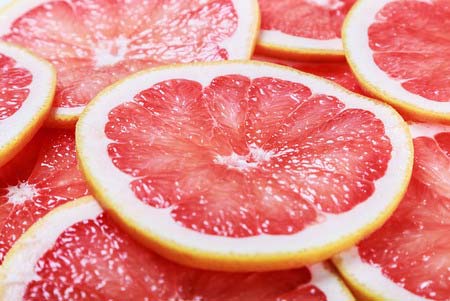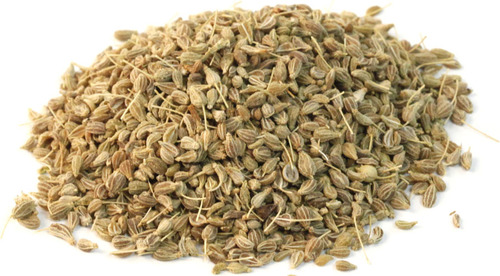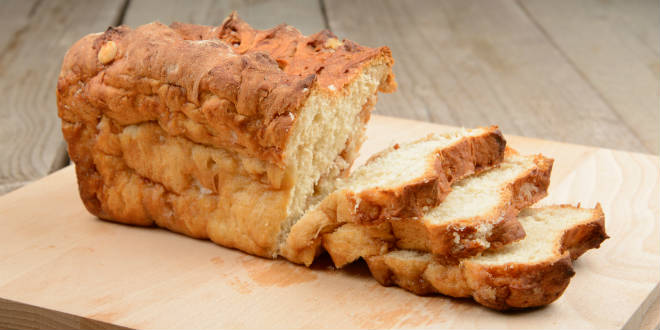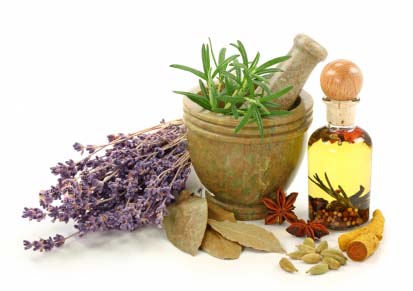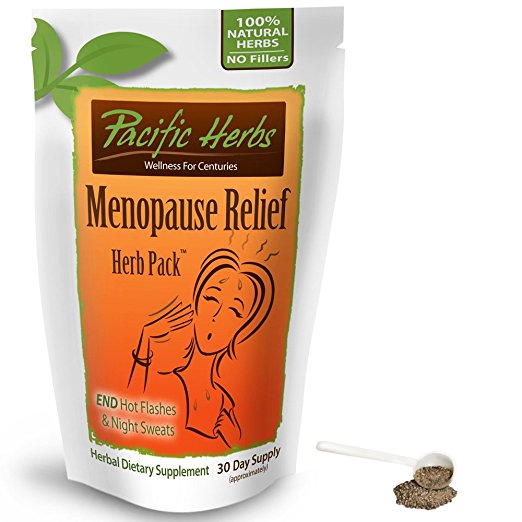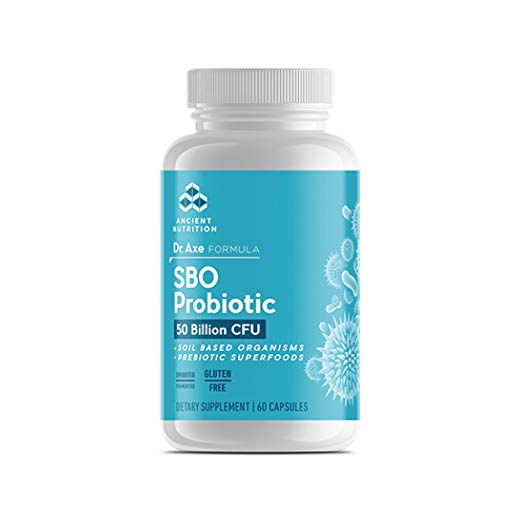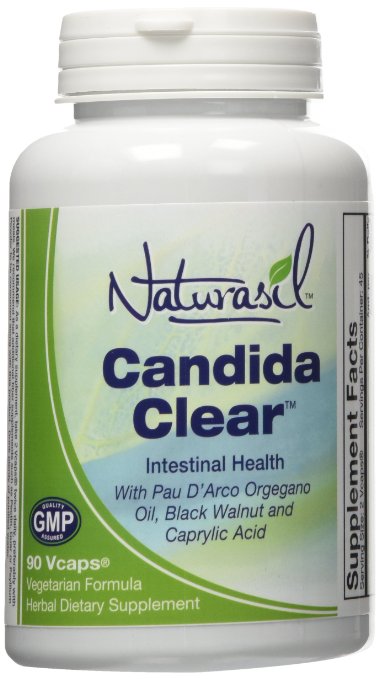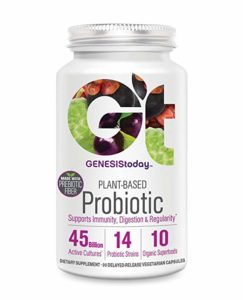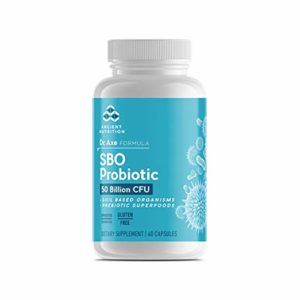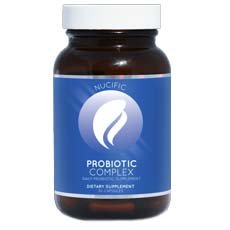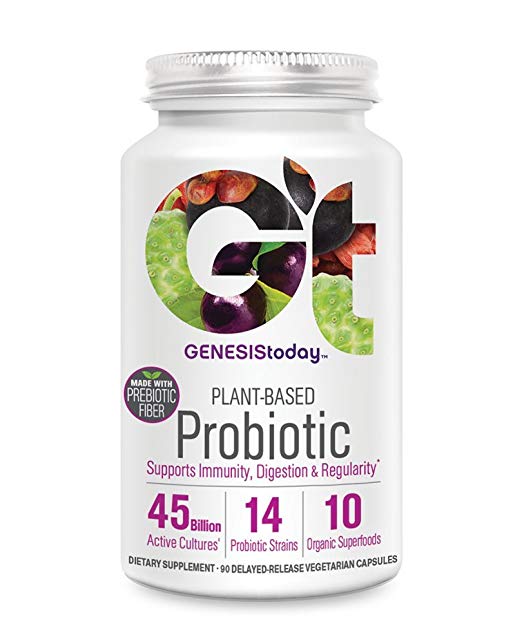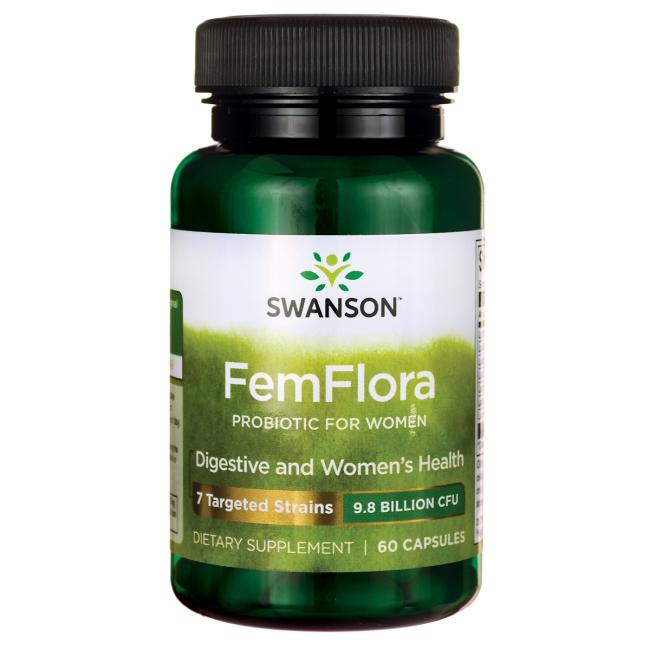
Feminine Issues?

The only All-Natural Product for:
- Feminine Issues
- Vaginal Odor
- Vaginal Itching
- Vaginal Discharge
Start Seeing A Difference Within a Few Days of Taking it!
WHAT'S THE PROOF?
Out of the tens of thousands of women that have tried Balance Complex, over 700 have been so impressed by the results, that they have voiced their results in the form of reviews for the product on Amazon, the world most TRUSTED online marketplace.
Below are just a few of the reviews of Balance Complex on Amazon:

"I have been looking for a probiotic to help with my feminine issues and this has done the trick!I have already recommended to other friends!" *

"I loved it. Just knowing that I was taking care of any problems that might occur that we as females go through gave me a piece of mind." *

"I was surprised it worked as fast as it did. Very Effective & Natural. I take one at night and one in the afternoon. And I feel so much better." *
Every order of Balance Complex on Amazon is backed by Amazon’s 100% money back satisfaction guarantee.
Try it for up to 90 days and if you aren't thrilled with the results, just notify Amazon and they will give you a full refund.
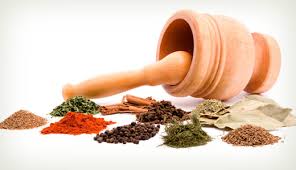
Home Remedies For Yeast Infection
Ayurveda, which means “knowledge of life” in Sanskrit, is a system of holistic healthcare first developed in India over 5,000 years ago. Ayurvedic medicine, which focuses on maintaining balance between your mind, body and environment, treats illness through a combination of dietary interventions, herbal remedies and yogic practices. Yeast, or Candida albicans, is a fungus that occurs naturally in the body, but when stimulated to overproduction creates infection. While in certain instances a yeast infection can be indicative of a more serious health problem, for many cases Ayurveda offers an effective means of treatment and prevention.
Ayurvedic Health-
In Ayurveda, the body consists of a balance between the elements of air, water, fire and earth. Each person has a unique combination of elements that affects his or her mood, body type and appetites, and everyone falls into one of three basic health types, known as doshas. Your dosha provides a road map for maintaining equilibrium, but is vulnerable to imbalances due to poor diet, high levels of stress or environmental harms. Ayurvedic medicine is tailored to the individual and takes into consideration your age, sex, background and personal circumstances. Ayurveda approaches yeast infections as a symptom of bodily imbalance and recommends a combination of dietary and herbal remedies to restore equilibrium.
Yeast Infections-
Yeast infections, which result from an overgrowth of Candida, can occur in the mouth, on the skin, and in the intestines. However, in women, yeast infections most commonly occur in the vagina. The Office on Women’s Health estimates that roughly 75 percent of women will experience in their lifetime a vaginal yeast infection, a condition characterized by sensations of itching, burning and swelling, and the release of a thick, white discharge. While in some instances, a yeast infection is a sign of a more serious health concern, in most cases they are caused by a diet too high in sugar or simple carbohydrates, antibiotic use, stress, or external irritants, such as synthetic undergarments.
Yeast Infections and Ayurvedic Diet-
As yeast feeds off glucose, Ayurveda prescribes that you avoid sugars and simple carbohydrates, as well as heavy or cold foods that slow down digestion. Ayurveda also suggests that you refrain from eating fermented foods, such as vinegar, as well as mushrooms, cheeses and products containing dietary yeast. Increase your intake of fresh fruits and vegetables, especially cruciferous vegetables, such as broccoli and Brussels sprouts. Beginning each day with a glass of hot water with lemon helps discourage the further proliferation of yeast. Additionally, consume a digestion-aiding lassi, or yogurt drink, each day. Yogurt helps restore healthy intestinal flora, and the addition of cilantro, fresh ginger root or ground cumin enhance its cleansing properties.
Yeast Infections and Ayurvedic Herbs-
Ayurveda recommends taking Triphala as either a supplement or tea to treat yeast infections. Triphala is believed to improve digestion, boost the immune system and help cleanse the digestive track. Ground turmeric and licorice root can also be consumed as a tea and help provide relief from symptoms.
Review Overview
5.1 OVERALL SCORE
Feminine Issues?

The only All-Natural Product for:
- Feminine Issues
- Vaginal Odor
- Vaginal Itching
- Vaginal Discharge
Start Seeing A Difference Within a Few Days of Taking it!
WHAT'S THE PROOF?
Out of the tens of thousands of women that have tried Balance Complex, over 700 have been so impressed by the results, that they have voiced their results in the form of reviews for the product on Amazon, the world most TRUSTED online marketplace.
Below are just a few of the reviews of Balance Complex on Amazon:

"I have been looking for a probiotic to help with my feminine issues and this has done the trick!I have already recommended to other friends!" *

"I loved it. Just knowing that I was taking care of any problems that might occur that we as females go through gave me a piece of mind." *

"I was surprised it worked as fast as it did. Very Effective & Natural. I take one at night and one in the afternoon. And I feel so much better." *
Every order of Balance Complex on Amazon is backed by Amazon’s 100% money back satisfaction guarantee.
Try it for up to 90 days and if you aren't thrilled with the results, just notify Amazon and they will give you a full refund.
Recent Tests
Categories
- General Health
- Feminine Guides
- Ingredient Guides
- Product Reviews
- Bacterial Vaginosis Products
- Candida Products
- Menopause Products
- UTI Products
- Yeast Infection Products
About Us

FeminineHealthReviews is dedicated in bringing you the top unbiased editorial reviews and ratings for natural products and supplements, along with specs, user reviews, supplement facts and more.
These statements have not been evaluated by the Food and Drug Administration. This product is not intended to diagnose, treat, cure or prevent any disease.
*Results may vary. If you are pregnant, nursing, have a serious medical condition, or have a history of heart conditions we suggest consulting with a physician before using any supplement. The information contained in this website is provided for general informational purposes only. It is not intended to diagnose, treat*, cure, or prevent any disease and should not be relied upon as medical advice. Always consult your doctor before using any supplements. Disclosure of Material Connection: Some of the links in the post above are "associate sales links." This means if you click on the link and purchase an item, we will receive a commission. Regardless, we only recommend products or services which we use personally and/or believe will add value to our readers. We are disclosing this in accordance with the Federal Trade Commission’s 16 CFR, Part 255: "Guides Concerning the Use of Endorsements and Testimonials." Disclaimer: © 2025 All Rights Reserved. The information provided on this site is intended for your general knowledge only and is not a substitute for professional medical advice or treatment for specific medical conditions. You should not use this information to diagnose or treat* a health problem or disease without consulting with a qualified healthcare provider. Please consult your healthcare provider with any questions or concerns you may have regarding your condition.Your use of this website indicates your agreement to this websites published terms of use and all site policies. All trademarks, registered trademarks and service-marks mentioned on this site are the property of their respective owners.





